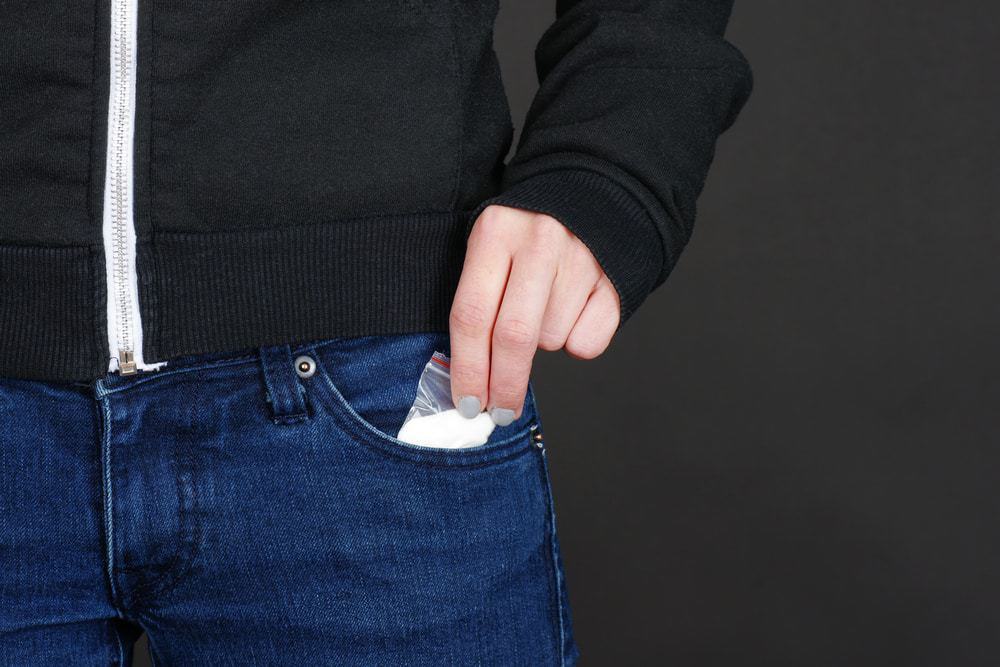There are some people who are at higher risk for cocaine addiction than others. For example, those who have been diagnosed with mental disorders or have relatives that suffer from addiction are much more likely to develop an addiction when compared to people who don’t suffer from those risk factors.
Because cocaine is highly addictive, it’s easier to become physically dependent when compared to other drugs like marijuana and alcohol. When it comes to cocaine, here are some factors that increase one’s risk of addiction.
Genetic Predisposition
When people think about risk factors for drug addiction, genetic predisposition is generally the first one to come up. Many people think that having a parent or relative that’s an addict is a death sentence, but that isn’t necessarily true. Even if you have a parent or other close relative who’s addicted to a substance like cocaine, that doesn’t mean that you are definitely going to develop an addiction.
However, those who are related to addicts may be more at risk than others, as addiction can be genetic. Although, many people who have addicted relatives take more precautions in order to avoid addiction, being more careful throughout their lives. By taking these precautions, people can reduce their risk of addiction.
Environment
Where you live and who you interact with can also play a huge role in addiction risk. If you live in a city that has a more prevalent drug program, you may be at a higher risk. The same is true if you hang out with people who use cocaine heavily. For example, if you spend a lot of time in bars and nightclubs with people who use cocaine, you may decide to join them someday.
By surrounding yourself with people who use drugs, it’s more likely that you’ll be a victim of peer pressure. If you’re already at risk for addiction, you may want to take yourself out of these situations. By doing so, you won’t increase your risk even more.
Comorbid Disorders
Those who have been diagnosed with mental health issues or those who have undiagnosed issues are also at a higher risk of developing an addiction to drugs like cocaine. Cocaine is often used at parties or festivals in order to achieve a high, “on top of the world” type of feeling. This is often appealing to those who have untreated depression or anxiety.
Those with untreated mental health disorders, including depression, anxiety, bipolar disorder, and PTSD, often haven’t developed a coping strategy. Because they don’t have healthy coping methods, they may turn to drugs as a way to feel better.
Use When Young
Using cocaine from a young age is a surefire way to start an addiction. When you’re young, your brain hasn’t fully formed yet. By introducing a drug into your system, you’ll easily become dependent, and it’ll be much harder to shake (especially without help). Those who used cocaine when they were young are also a high risk for relapsing when they get older, because of the way the drug interacted with their brain when it was still developing.
Prevention
When you’re at risk for cocaine addiction, the most important thing is prevention. If you know you’re at high-risk, keeping an eye out for triggers, practicing healthy coping mechanisms, and working hard to avoid drugs is the best way to prevent an addiction from forming or relapse from occurring.
If you or someone you love is addicted to cocaine, contact Asheville Recovery Center as soon as possible to discuss your options. We’re eager to help your or your loved one get (and stay) sober.








